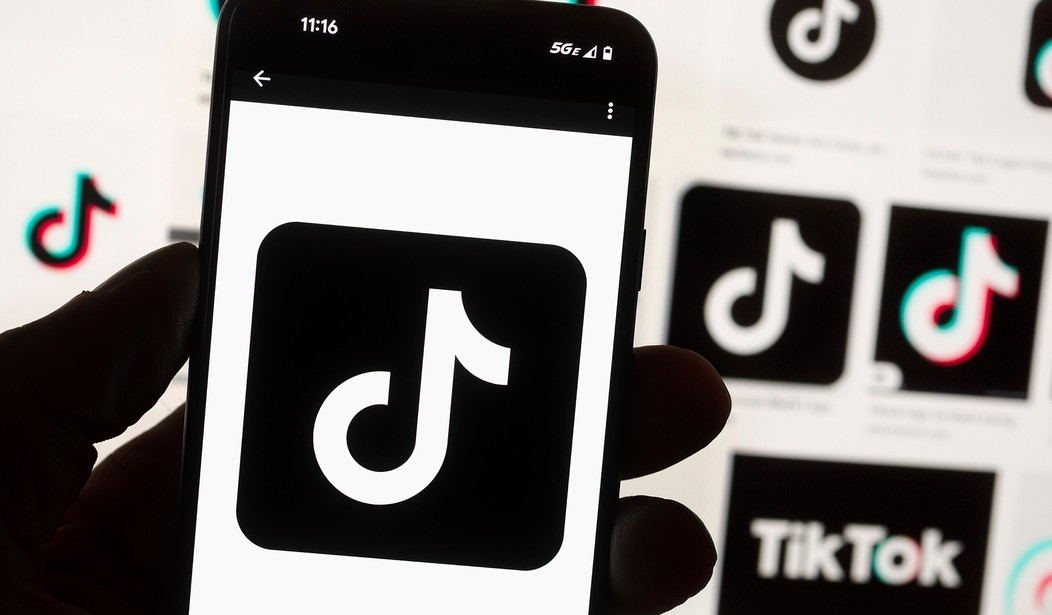Well, well, well, looks like young progressives now have an interesting dilemma on their hands. For those who like to think their 45-minute daily scroll through endless cat videos and dance challenges is harmless, think again. On one side, they’ve got TikTok, the beloved spyware app that has become a powerhouse for leftist activism. But on the other hand, they’ve got their cherished climate change goals, which now face a rather awkward clash with their digital habits.
According to recent reports, TikTok’s carbon footprint might outpace that of the entire country of Greece. Estimates from Greenly, a carbon accounting consultancy based in Paris, show the average TikTok user generating greenhouse gases equivalent to driving an extra 123 miles in a gasoline-powered car each year.
Those figures are more than X (formerly Twitter) and Instagram, although both platforms have a significantly larger user base. With its one billion global users, the average TikToker spends 45.5 minutes scrolling, compared to Instagram’s 30.6 minutes a day.
And why is TikTok responsible for such a heavy carbon footprint? It’s all about the addictive algorithm, according to Alexis Normand, the chief executive of Greenly.
Normand explains:
The whole algorithm is built around the massification of videos. Addictiveness also has consequences in terms of incentivizing people to generate more and more [of a carbon] footprint on an individual basis.
In other words, the more a user scrolls, the more carbon TikTok's data centers churn out to support dopamine hits. To address this, TikTok rolled out a climate change plan called "Project Clover" last year. So far, they've built a single renewable energy-powered data center, a shiny $12.8 billion facility in Norway.
This dilemma doesn't just stop at environmental concerns. TikTok’s U.S. operations are also caught in a geopolitical mess. A U.S. appeals court recently upheld a law that requires the Chinese company ByteDance to divest TikTok to a non-Chinese entity by January 19, 2025. The law was passed due to national security concerns, with U.S. lawmakers fearing that ByteDance could share American user data with the Chinese government, despite TikTok's denials of such claims. For progressives who have championed TikTok’s power to mobilize activism—particularly among Gen Z—this could also mean a shift in how the platform operates.
Read More:
Appeals Court Rules TikTok Has Six Weeks to Break Ties With China or Go Out of Business
New Study Explains Voting Habits Among Young Americans
TikTok and Instagram have become the dominant sources of political news for college students, with left-leaning voters showing a particularly strong preference for the app. Recent data reveals that 63 percent of Kamala Harris voters turned to TikTok for political updates, compared to 55 percent of Donald Trump voters. Despite its clear tilt toward the left, TikTok hasn’t been entirely embraced by progressives alone, with Trump’s 2024 campaign recognizing its massive potential to reach younger voters.
While TikTok’s parent company promises carbon neutrality by 2030, climate change activists may want to ask themselves whether they’d rather save the planet—or keep fueling the app’s data centers with their insatiable scrolling. Choices, choices.














